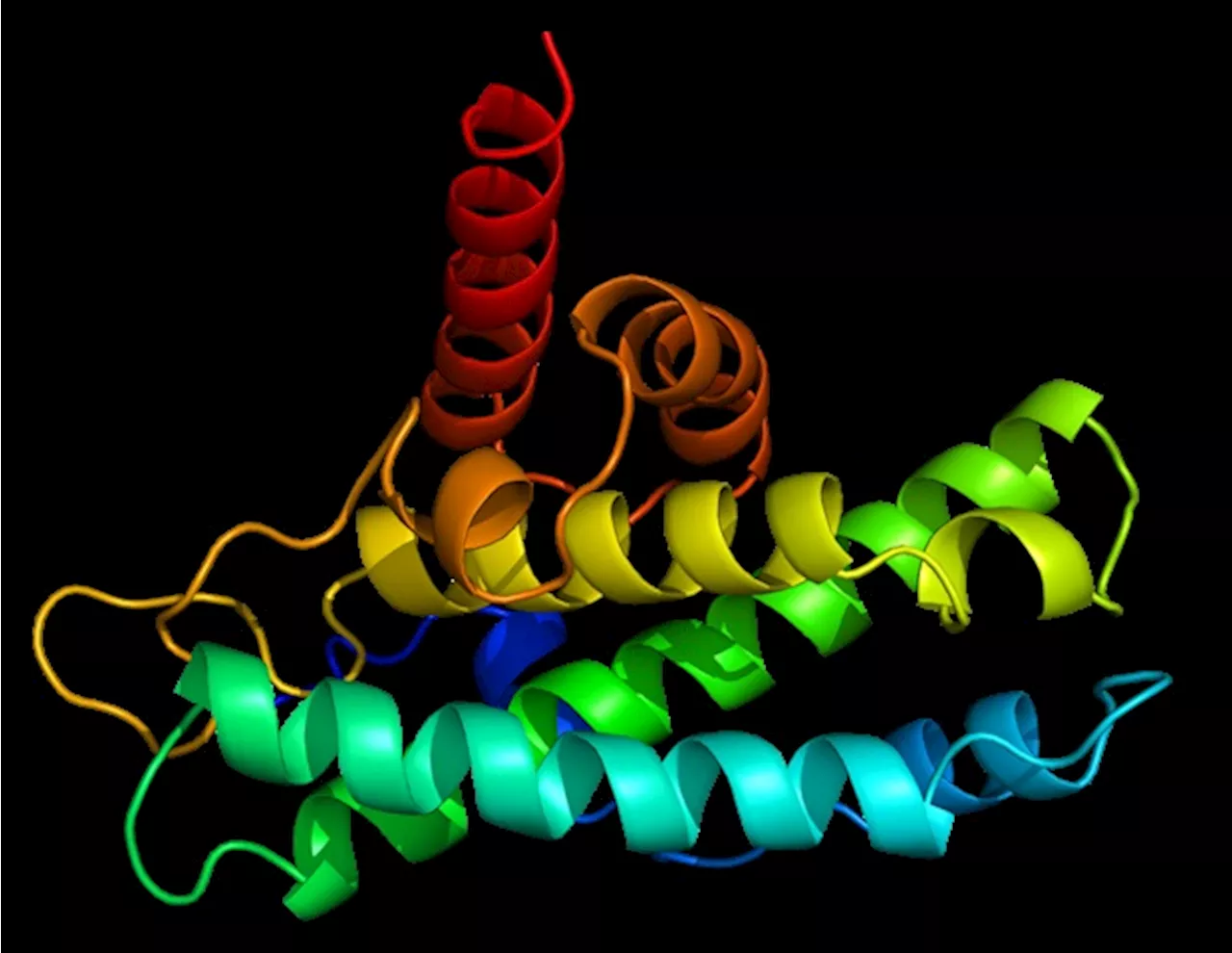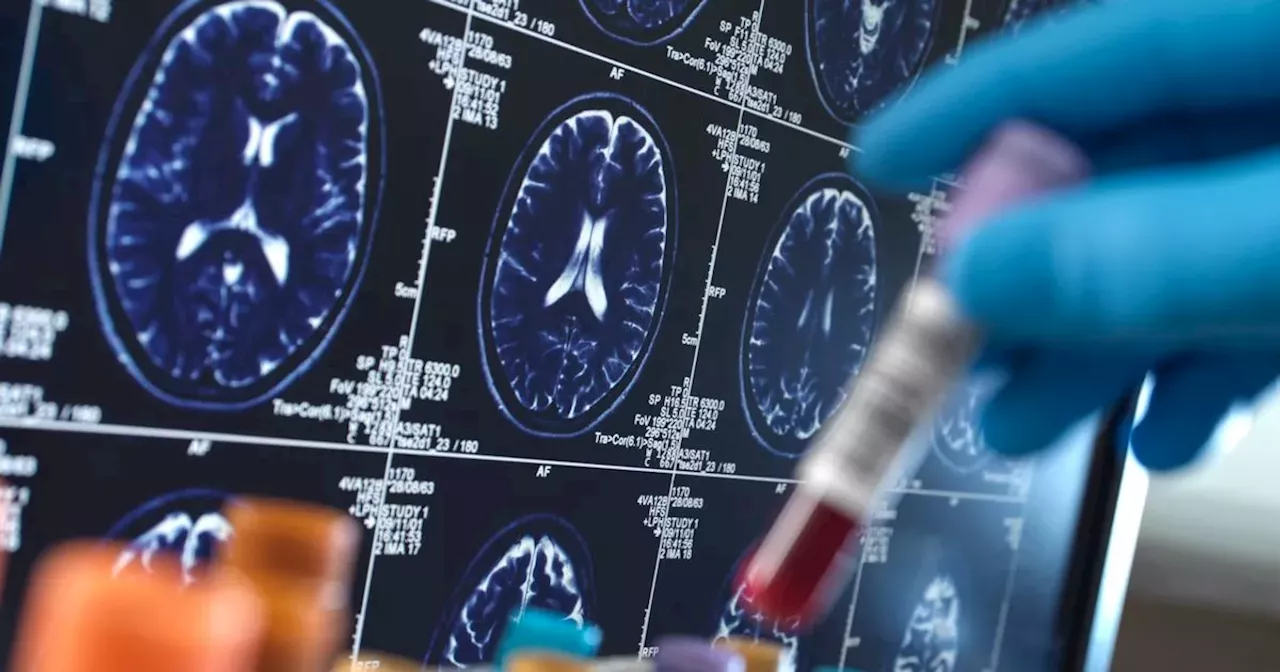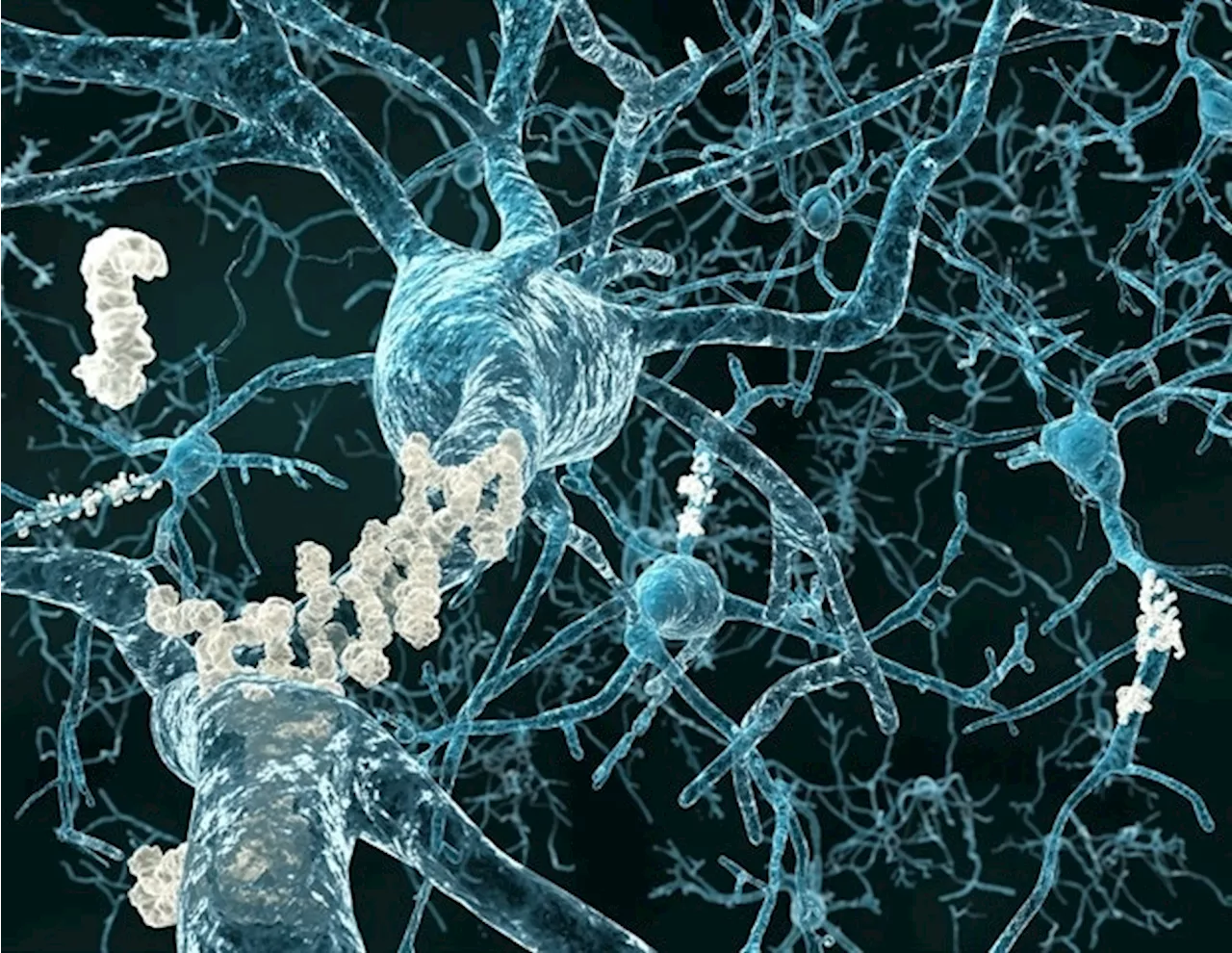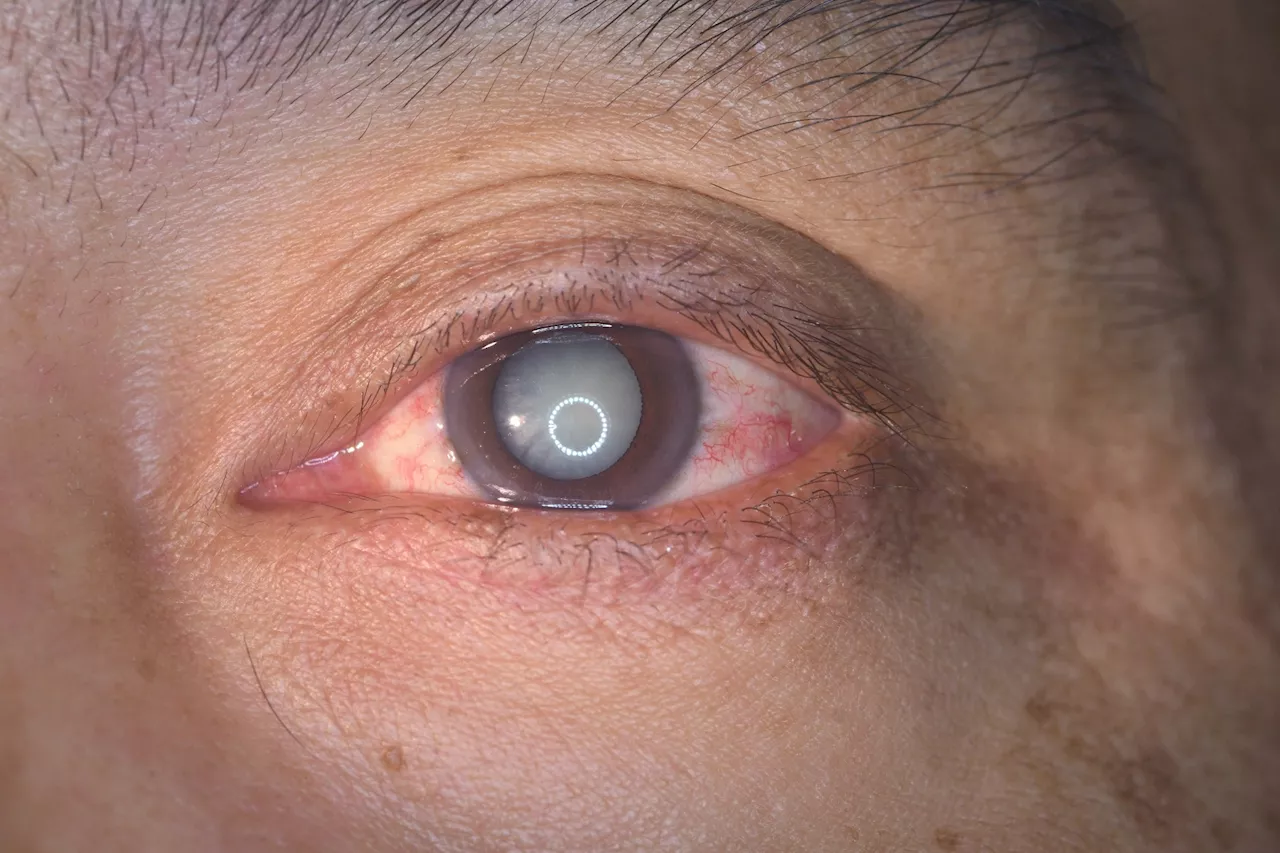The study uncovers gene expression signatures that predict neonatal sepsis, highlighting the potential for early intervention to reduce mortality in infants.
By Vijay Kumar MalesuReviewed by Lily Ramsey, LLMOct 31 2024 Study reveals gene expression changes at birth that could enable early detection and treatment of neonatal sepsis.
Neonatal sepsis, affecting infants in their first 28 days, occurs in 2-3 per 100 live births globally, particularly impacting preterm and low-birth-weight neonates. Mortality rates can reach 17.6%, especially in low/middle-income countries, with sepsis being a leading cause of neonatal death. Related StoriesBlood samples were processed for Ribonucleic Acid sequencing, and bioinformatic analyses were conducted using R. Differentially expressed genes were identified using Differential Gene Expression Analysis based on the Negative Binomial Distribution , comparing healthy controls, localized infection cases, and septic neonates.
Transcriptional differences were evident in septic neonates even before clinical symptoms emerged. Among the neonates with DOL 0 samples who later developed sepsis, a total of 469 DEGs were identified when compared to healthy neonates and 476 DEGs in relation to those with localized infections.
Sepsis Blood Diagnostic Gene Expression Heat Inflammation Machine Learning Mortality Protein
United Kingdom Latest News, United Kingdom Headlines
Similar News:You can also read news stories similar to this one that we have collected from other news sources.
 Researchers develop technology to change protein identity in vivoResearchers at the RIKEN Cluster for Pioneering Research (CPR) have developed technology that can alter, within the body, the recognized identity of proteins. The innovation, published in Nature Communications on October 2, allowed researchers to target mouse tumors with a protein and then transport that protein out of the body.
Researchers develop technology to change protein identity in vivoResearchers at the RIKEN Cluster for Pioneering Research (CPR) have developed technology that can alter, within the body, the recognized identity of proteins. The innovation, published in Nature Communications on October 2, allowed researchers to target mouse tumors with a protein and then transport that protein out of the body.
Read more »
 UCF Researchers Receive Grants to Fight Breast CancerTwo researchers at the University of Central Florida's College of Medicine have received $100,000 grants each from the Florida Breast Cancer Foundation to support their innovative research projects aimed at combating breast cancer.
UCF Researchers Receive Grants to Fight Breast CancerTwo researchers at the University of Central Florida's College of Medicine have received $100,000 grants each from the Florida Breast Cancer Foundation to support their innovative research projects aimed at combating breast cancer.
Read more »
 Researchers say new drug could stop Alzheimer's in its tracksThe study found that the medication, called RI-AG03, was effective at preventing the build-up of damaging Tau proteins
Researchers say new drug could stop Alzheimer's in its tracksThe study found that the medication, called RI-AG03, was effective at preventing the build-up of damaging Tau proteins
Read more »
 Researchers make breakthrough in Alzheimer's disease drug developmentAn international team of researchers led by Lancaster University have made a promising breakthrough in the development of drugs to treat Alzheimer's Disease.
Researchers make breakthrough in Alzheimer's disease drug developmentAn international team of researchers led by Lancaster University have made a promising breakthrough in the development of drugs to treat Alzheimer's Disease.
Read more »
 Researchers use smartphone data for early detection of Alzheimer'sResearchers from DZNE and Otto von Guericke University Magdeburg have identified individuals with increased risk for dementia using mobility data, recorded during a smartphone-based wayfinding task on the university campus.
Researchers use smartphone data for early detection of Alzheimer'sResearchers from DZNE and Otto von Guericke University Magdeburg have identified individuals with increased risk for dementia using mobility data, recorded during a smartphone-based wayfinding task on the university campus.
Read more »
 Researchers boost natural defenses to fight cataracts and delay the need for surgeryResearchers have reviewed strategies to increase glutathione levels in the eye lens, focusing on endogenous molecular mechanisms to prevent cataracts by countering oxidative stress.
Researchers boost natural defenses to fight cataracts and delay the need for surgeryResearchers have reviewed strategies to increase glutathione levels in the eye lens, focusing on endogenous molecular mechanisms to prevent cataracts by countering oxidative stress.
Read more »
